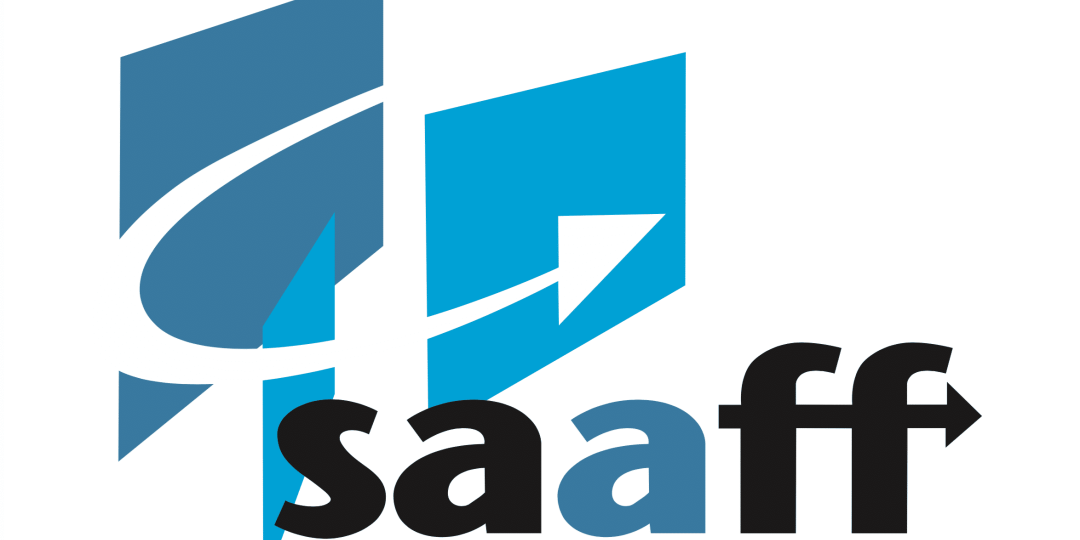In the aftermath of the recent High Court judgement about the Durban Container Terminal (DCT) Pier 2 matter, the South African Association of Freight Forwarders (Saaff) has underscored “the pivotal role of robust private sector participation in South Africa’s logistics network”.
A statement released by the association’s head of Research and Development, Dr Jacob van Rensburg, said: “The judgement, which halted the contract between Transnet and International Container Terminal Services Inc (ICTSI), is a serious moment to contemplate the future of South Africa’s port operations.
“While the court's decision raises significant procedural issues, Saaff sees this as a crucial opportunity to revamp and fortify the frameworks for private sector investment and inter-port competition, which can revolutionise our ports.”
Although much has been written about congestion, corruption, and the perceived progressive role private sector involvement at the Port of Durban could entail for improved throughput, Saaff indicated it was important to consider the context of cargo constraints.
“The Durban port, which has long suffered from inefficiencies and operational delays, represents the broader challenges facing South Africa’s logistics infrastructure. Saaff asserts that the inclusion of experienced private sector partners, like those involved in the bidding process for DCT Pier 2, can play a crucial role in addressing these challenges.
“The court’s ruling highlights the importance of transparency and fairness in selecting private partners, but it should not deter the progress towards greater private involvement. On the contrary, the urgency for private sector expertise to co-manage, invest, and modernise our ports has never been more apparent.”
The association added: “Transnet’s initiatives to attract equity partners are a step in the right direction. However, Saaff urges the process to be more transparent and inclusive, focusing on attracting global players who can contribute financially through technology, skills transfer, and operational know-how. Successful private sector participation can lead to quicker improvements in terminal productivity, reduced ship turnaround times, and better service delivery to local and international traders.
“South Africa’s ports operate in an environment that lacks meaningful competition between ports and within individual port terminals. This lack of competitive pressure has led to complacency and inefficiencies that have compounded operational challenges.
“To break this cycle, Saaff advocates establishing inter-port and intra-port competition frameworks. By fostering competition among terminals and between ports, operational efficiencies can be improved, costs can be reduced, and service standards can be elevated across the board.
“A model where different operators manage different terminals within the same port, or where different ports compete for similar cargo, will ultimately benefit the entire logistics value chain. This competition would encourage all players to innovate, invest in better technologies, and improve their performance to stay relevant in a competitive landscape.”
Saaff’s statement continues: “One key objective of bringing in private partners is to address the well-documented inefficiencies at South Africa’s container terminals. The recent delays at Durban’s terminals are symptomatic of the need for a complete overhaul of operational processes backed by strategic investments.
“Saaff believes that through collaboration between public and private stakeholders, efficiency and productivity at container terminals can be improved significantly. Based on global best practices and accompanying international literature on container terminal operations, these enhancements will reduce dwell times, alleviate congestion, improve port efficiency, and ensure South Africa’s ports can meet international standards.
“Improving port efficiency is not just a logistical imperative but a national economic one. Efficient ports are the gateway to international trade and are essential for boosting export competitiveness, attracting foreign investment, and generating jobs in related industries.”













